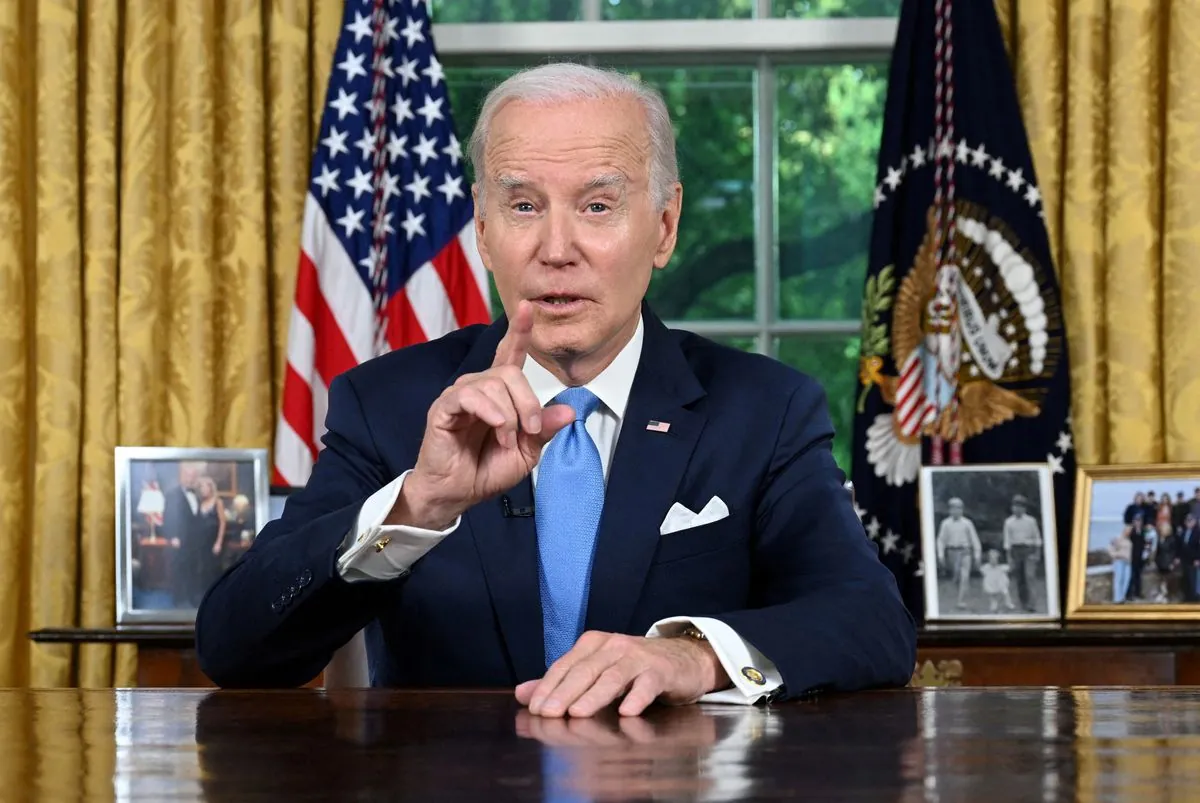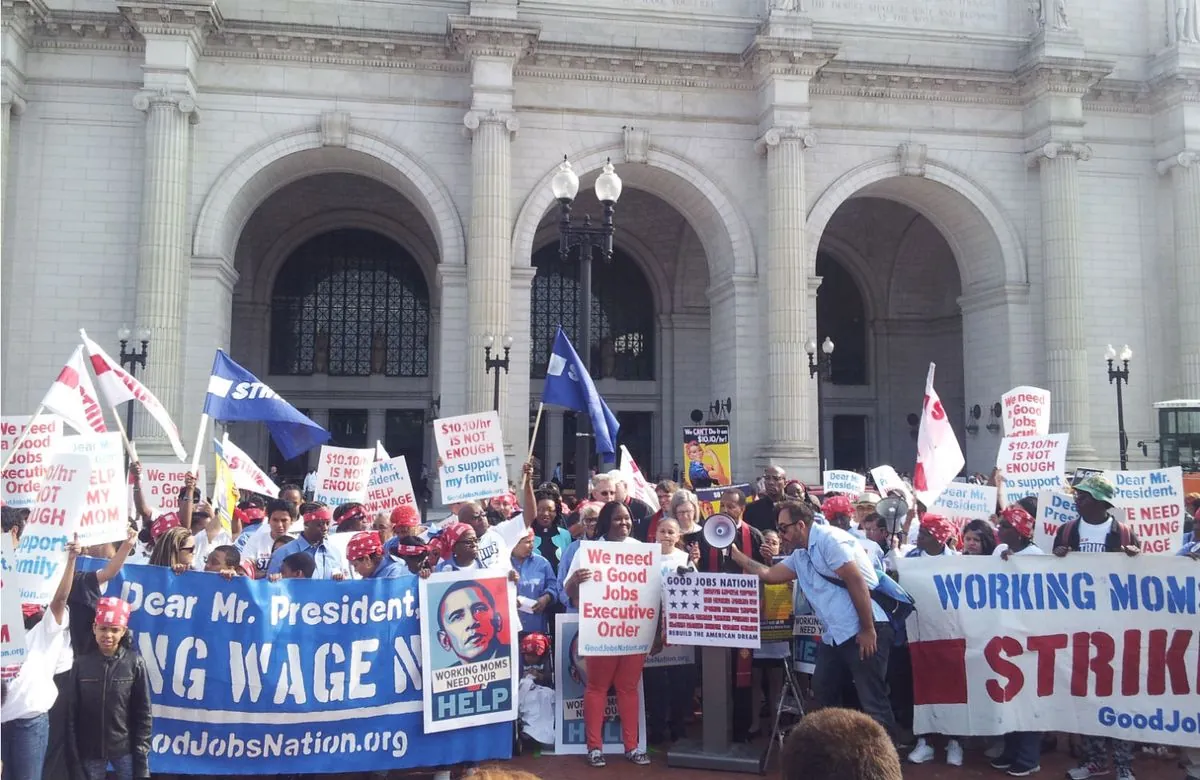Biden's 2% Federal Pay Raise Proposal Sparks Controversy
President Biden's proposed 2% pay raise for federal civilian workers in 2025 has drawn criticism from labor unions and advocates, citing concerns about inflation and pay parity with military personnel.

President Joe Biden's recent proposal for a 2% pay raise for civilian federal workers in 2025 has sparked controversy among labor unions and federal employee advocates. This proposed increase falls short of the 4.5% bump suggested for military personnel and the 7.4% hike advocated by congressional Democrats.
The announcement, made on the Friday preceding Labor Day, has been met with disappointment from various quarters. William Shackelford, president of the National Active and Retired Federal Employees Association (NARFE), expressed concern that the proposed raise fails to reflect private sector trends and doesn't keep pace with inflation.

According to recent data, the inflation rate for the past 12 months, as measured by the consumer price index, stood at 2.9% - nearly 50% higher than Biden's proposed pay raise. This discrepancy has led to concerns about diminishing purchasing power for federal employees.
The debate surrounding federal pay is not new, with differing perspectives on how it compares to private sector compensation. A Congressional Budget Office report from April 2024 suggested that federal workers' total compensation was about 5% higher than similar private-sector workers, based on 2022 data. However, a February 2024 report from the Federal Salary Council indicated that federal employees were paid 27.5% less than non-federal workers in similar occupations in 2023.
Gerry Connolly, a Democratic Representative from Virginia, has voiced his disagreement with the President's proposal. Connolly, along with Senator Brian Schatz of Hawaii, has introduced legislation calling for a 7.4% pay increase. The congressman highlighted two main points of contention: the below-inflation-rate increase and the lack of pay parity with the military.
"Is inflation higher for the military than it is for civilians? Is the cost of living different on military base and or in military communities than it is elsewhere in the United States? Are there unique inflationary or cost pressures affecting the military that civilian workforce does not face? The answer to all of that, of course, is no."
Despite the criticism, the White House has defended the proposal, stating that it aims to "attract, recruit, and retain a skilled workforce with fair compensation." The administration cited fiscal constraints and the need to maintain a balance between fair compensation and budgetary responsibilities.
Interestingly, President Biden invoked a federal law that allows for alternative pay adjustments in cases of "national emergency or serious economic conditions affecting the general welfare." This justification has raised questions, given Biden's recent proclamation of having "the best economy in the world" during his State of the Union address.
Federal worker unions, while generally supportive of Biden's pro-labor stance, have expressed disappointment with this proposal. Everett Kelley, President of the American Federation of Government Employees, and Randy Erwin, President of the National Federation of Federal Employees, both voiced concerns about the departure from pay parity and the potential for a de facto pay cut when accounting for inflation.
As the debate continues, the final outcome of the federal pay raise for 2025 remains uncertain. The proposal will likely face scrutiny and potential revisions as it moves through the legislative process, with federal employee advocates hoping for a more substantial increase to match rising living costs and maintain competitiveness with the private sector.


































